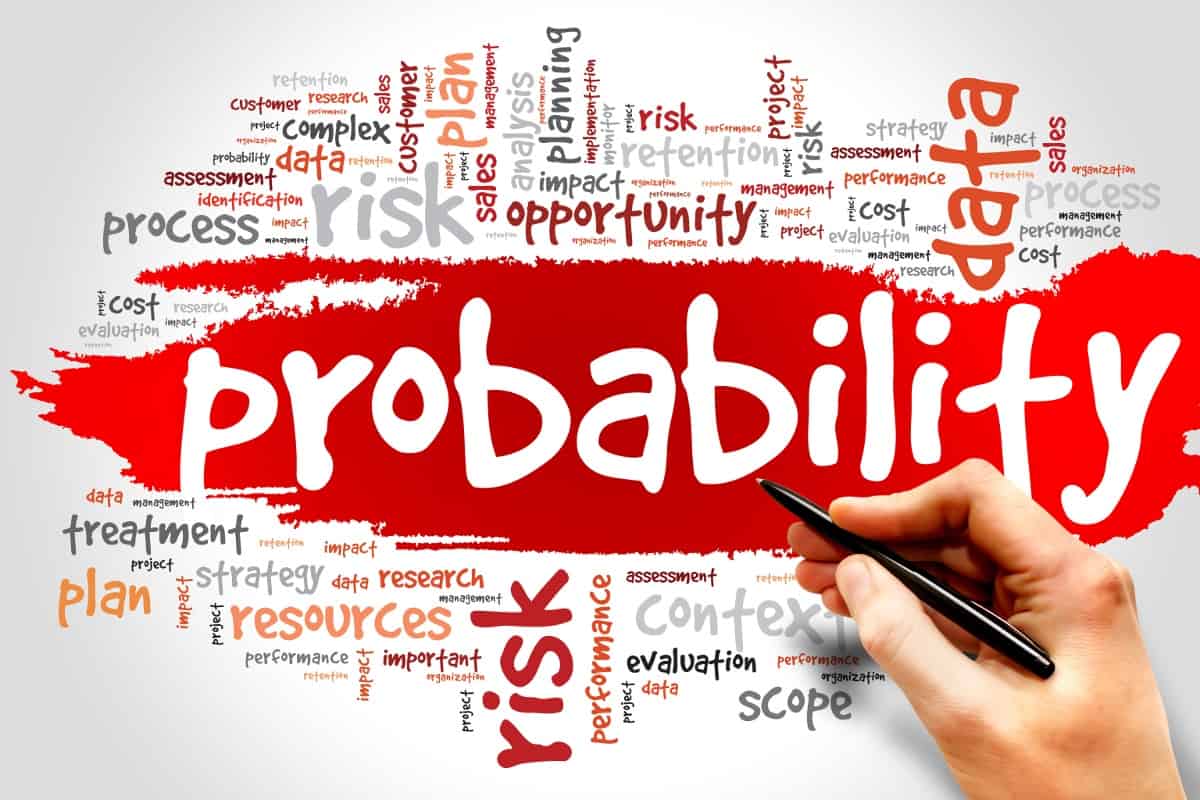Modal verbs of probability may seem like intimidating parts of language, but they’re actually verb structures that are found in everyday speech and writing.
When you’re looking through the latest gossip magazine regarding George and Amal Clooney’s latest news and find yourself gasping, “That can’t be true!” you are using a modal verb of probability. Modal verbs are essentially helping verbs that add information to the sentence.
What Is a Modal Verb?
So what is a modal verb? The dictionary defines it as an auxiliary verb that expresses probability or necessity. They are also commonly used with other verbs to help express things like possibility, ability, obligation, belief and more.

List of Present Modal Verbs of Probability
When talking about the present, modal verbs of probability express a guess or suggestion. Here are some common present modal auxiliary verbs.
| Modal Verb of Probability | Meaning |
| Can’t + infinitive | I’m sure this isn’t so. |
| Can | This is a general possibility. |
| Could | Maybe. |
| May | Maybe. |
| Might | Maybe. |
| Must | I’m pretty sure this is true. |
| Will | I’m very sure this is true. |
| Won’t | I’m very sure this isn’t true. |
| Should | This is probably true. |
Present modal verbs of probability are often constructed with “be” following them.
Modal Verbs Examples:
- George must be on the plane by now.
- Katie may be late to the movie.
- Flying can be too expensive.
- Drew can’t be going to the party.
Past Modal Verbs of Probability
You can construct past modal verbs by adding “have” and a past participle to the modal verb.
Modal Verbs Examples:
- George must have gotten on the plane.
- Katie might have been late to the movie.
- Flying could have been too expensive.
- Drew can’t have gone to the party.
It is important not to confuse modal verbs like “should” and “could” with their other modal verb roles. When used as a modal verb of probability, “should” means that you assume something happened if everything is as you expect it to be.
- PRESENT: The bus should be leaving.
- PAST: The bus should have left.
When paired with an infinitive, “could” expresses a general possibility in the past and is used as the past tense of “can.” In the present tense, “can” talks about general possibilities that we understand to sometimes be true. “Could” is the past tense version of this type of “can.”
- PRESENT: Gas prices can be high in the summer.
- PAST: Gas prices could be high in the 1970s.
Note the present tense of “be” even when referring to the past with both “should” and “could.” This is not to be confused with pairing these verbs with “have” and a past participle, which talks about specific past possibilities or obligations.

Past Modal Verbs of Certainty
When you are certain that something has occurred, then you can use “will” or “won’t” with “have” and a past participle.
Modal Verbs Examples:
- Phil will have arrived by now.
- Cara won’t have left the office until well after closing hours.
Making Sense of Modal Verbs of Probability
When using modal verbs of probability, things can quickly get confusing, but ensuring proper grammar could end in your favor. To express probability in the present tense, pair a modal verb with an infinitive. When expressing probability in the past tense, add “have” and a past participle to the modal verb.


Leave a Reply